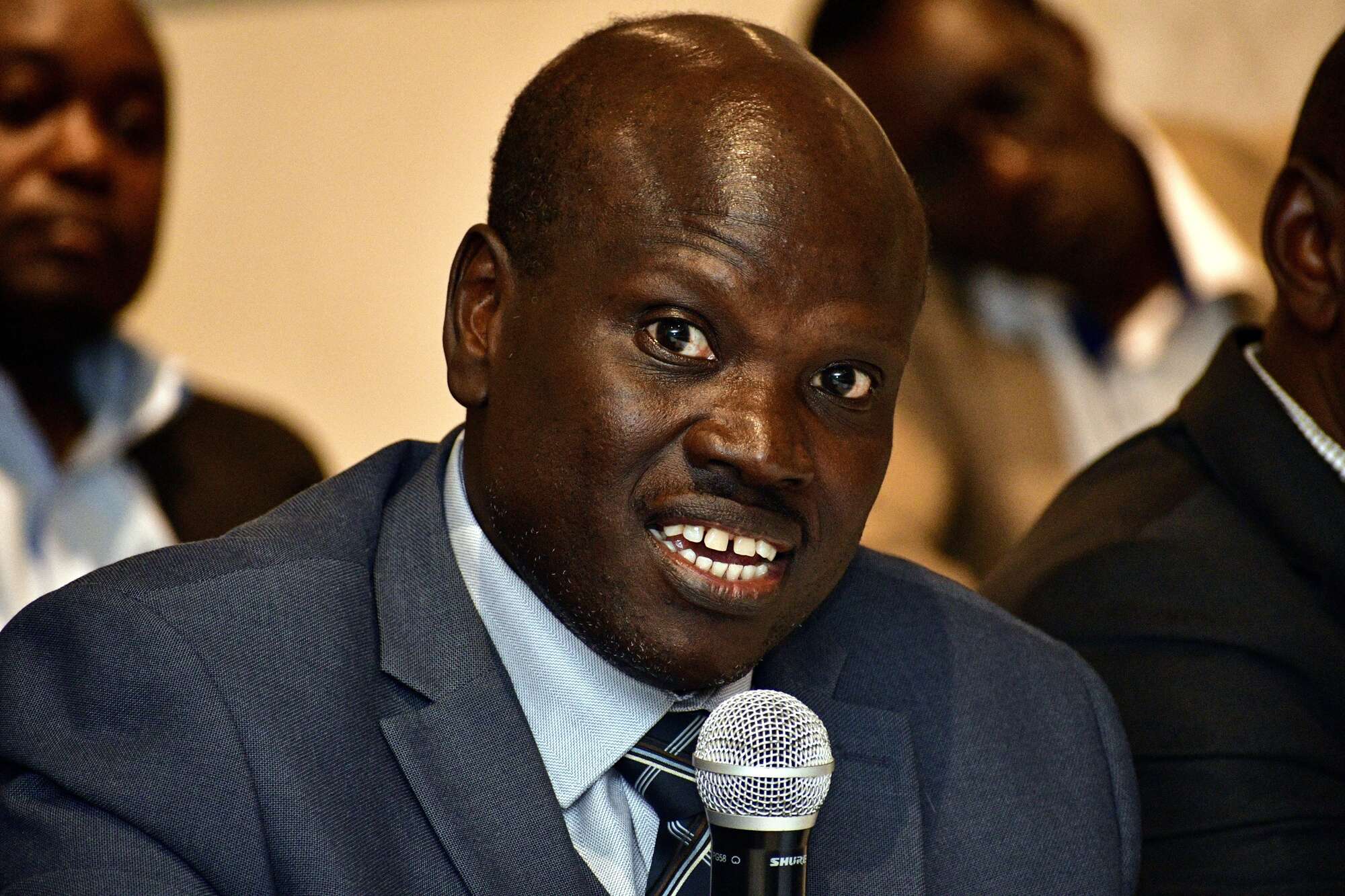[ad_1]
Economy
Power purchases from grid slow down on price increases
Monday November 27 2023
Kenya Power and Lightning Company (KPLC) Managing Director Joseph Siror. PHOTO | FRANCIS NDERITU | NMG
The purchase of electricity from the national grid in the nine months to September 2023 grew at the slowest pace in more than three years on the back of price increases and a slowdown in Kenya’s manufacturing activity, official data shows.
Kenya Power, the near-monopoly power distributor, sold nearly 7.8 billion kilowatt-hours (units) of electricity in the January-September period, a 3.93 percent growth from the 7.5 billion in a similar period last year.
Analysis of the Kenya National Bureau of Statistics (KNBS) data shows that the increase in sales was the smallest seen since the Covid pandemic year when the volumes dropped 2.09 percent.
Read: Kenya drops push for shilling based power purchase deals
This came amid a sharp rise in power bills which means consumers have this year been forced to spend more to power their homes and businesses.
Electricity prices rose the highest year-on-year in October among the basket of goods and services which KNBS uses to calculate the average growth in prices over 12 months — inflation.
For instance, households and businesses paid Sh6,686 on average to buy 200 units in October, a 30.35 percent climb compared to a similar month last year.
Prior to this year, power bills had increased by 16.13 percent in four years during the review month.
“With the high energy costs, Kenya continues to lose its attractiveness as an investment destination, leading to lower direct foreign investment inflows,” the Federation of Kenya Employers (FKE) executive director Jacqueline Mugo told reporters in Nairobi on Friday.
“Further, electricity cost being an input cost, Kenya’s goods and services prices remain comparatively higher in the region, pushing up the cost of living.”
The William Ruto Administration whose first full month in power was October 2022, dropped the 15 percent cushion on power bills by the previous regime from January 2023.
The Energy and Petroleum Regulatory Authority (Epra) followed that up with an increase on base electricity costs from April, the first review since 2018. The review raised the base tariff for households consuming more than 100 kWh by 13.72 percent to Sh31.75 per unit, while the charge for those buying 30-100 units went up 18.69 percent to Sh26.10 per unit.
Besides the base charges, the power bills are also largely impacted by surcharges. These are largely fuel cost charge (FCC) remitted to power producers who burn diesel to generate electricity and the foreign exchange rate fluctuation adjustment (Ferfa) which helps Kenya Power to cover repayment of foreign loans and power purchase costs in tandem with the shilling-dollar exchange rate.
FCC for November has, for example, been set at Sh5.74 per unit, reduced from 6.36 KWh a year earlier, while Ferfa has also fallen to Sh0.80 per unit from Sh1.41 in November 2022.
Kenya Power dropped the breakdown of electricity bills for pre-paid customers earlier in the year, lowering transparency in its pricing.
The slowdown in the purchase of electricity from the grid has come at a time when production of key items has declined compared to last year.
For instance, production of assembled vehicles fell 14.7 percent in first seven months of the year to 7,416 units, while cement was reduced 4.2 percent to 5.36 million metric tonnes in the same period, according to KNBS data.
The processing of soft drinks also contracted 3.6 percent year-over-year to 278.23 million litres in six months through June, while sugar production dipped 32.2 percent to 357,308 tonnes in first eight months of the year.
Kenya has one of the costliest electricity for factories among its regional peers, with manufacturers estimating on average they pay about Sh25 ($0.17) per kilowatt-hour, nearly five times more than average $0.03 per unit in Egypt and Ethiopia, and also significantly higher than South Africa’s $0.07.
Read: Kenya’s economy slows faster than estimates
“The high cost of power has detrimental effects on the economy because it renders Kenya uncompetitive against other African countries,” Kenya Association of Manufacturers chief executive Antony Mwangi said in August.
→ [email protected]
[ad_2]
Source link



